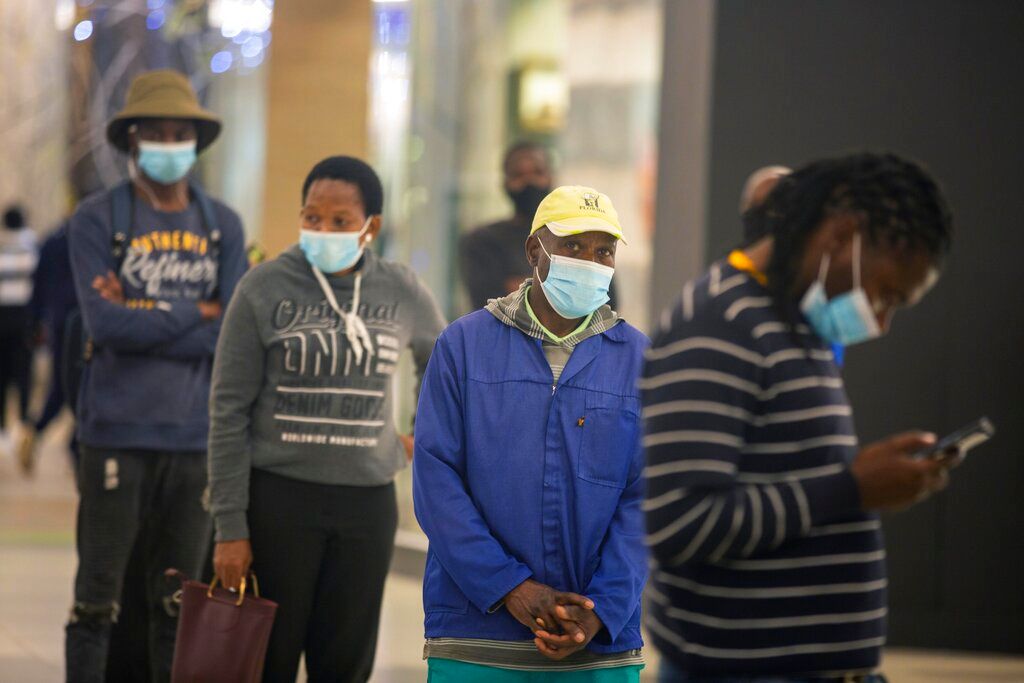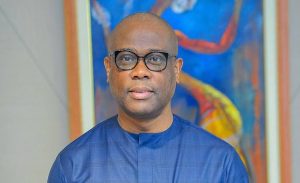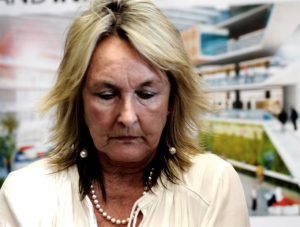As the world grapples with yet another wave of COVID-19 and the Omicron variant, some countries find themselves better prepared than others.
On December 23, the World Health Organisation (WHO) noted in a statement that less than one in ten people have been fully vaccinated in the African region, while four in five have been vaccinated in 22 ‘mostly-high income countries’.
Efforts within and outside Africa have been underway to rectify this situation.
Also Read | Global COVID cases up 11% last week, omicron risk high: WHO
For instance, research centre Insitut Pasteur of Dakar is a partner in a $200 million vaccine manufacturing project, part of a broader effort to strengthen Africa’s defenses against Covid-19, malaria and a range of deadly pathogens that could strike in the coming years, according to reports by Bloomberg.
“This isn’t a project only about making a vaccine. It’s a great opportunity to build a future,” said Amadou Sall, a veteran infectious disease expert who leads the biomedical research center.
Currently, the continent imports almost 99% of all the doses it needs. It aims to bring the number down to 40% in the next two decades.
A new plant, under construction on the edge of Dakar is expected to begin production in 2022.
Also Read | COVID vaccine booster doses: When should countries roll them out?
This project aims to produce 300 million doses a year for COVID-19 and other diseases. It is backed by European countries, the United States, the World Bank and others.
Institut Pasteur has also teamed up with Germany’s BioNTech SE, Sall confirmed, according to the Bloomberg report.
However, even these projects might not be enough in covering the entire African population of more than 700 million adults. The success of such programs will depend substantially on raising funds and expanding distribution and training.
Soon after the coronavirus pandemic emerged, many middle and low-income countries relied on Covax, the worldwide distribution program. But the initiative struggled to reach its targets owing to production delays, export bans, and nations prioritising their own citizens at the peaks of their respective waves.
Also Read |UK, US record huge surge in daily COVID-19 cases as omicron spreads
The United Nations has also called on the G20 leaders to donate doses to Africa. “This inequity is unjust – and self-defeating. It leaves Africans – and the whole world – at the mercy of the virus. Unchecked, it can create new and more dangerous variants.”
“Rich nations have pledged to donate over a billion vaccines this year and hundreds of millions more in 2022. This gives us hope. But Africa cannot wait. We need doses now,” it added.







